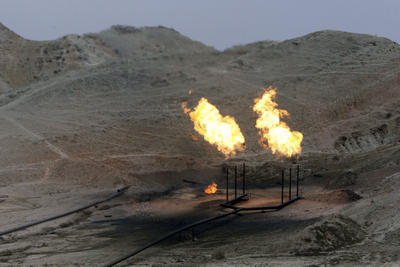All that changed suddenly with the political troubles that have engulfed the Middle East and North Africa.
Yoshikazu Kobayashi, from Japan’s most prestigious energy think-tank, the Institute of Energy Economics of Japan, reminds us this week that we’ve been here before. The two oil crises in the 1970s, the Gulf War in 1991 and the Iraqi War in 2003 were all supply shocks that led to spikes in oil and energy prices because of disruption, in one degree or another, to the flow of oil onto world markets.
Supply shocks have very different effects from demand pressures on the international economy — demand pressures are commonly associated with a robust international economy; supply shocks can knock a weak international economy off kilter. In current circumstances, the industrial economies (and their polities) are particularly vulnerable to the spike in oil prices. Even strongly growing economies like China and India are also at risk to its inflationary effect.
So what can we do?
The short answer: diversify. As Kobayashi suggests, there are three dimensions to this. The first is to expand oil imports from other sources. Russia is now a big international oil supplier and with its new Asian pipeline has the capacity to reduce the risks of dependence on the Middle East. Russia is a member of APEC and now also the East Asia Summit. The second is to shift to alternative energy sources. While the Fukushima problem puts a dampener on nuclear, the shift to gas from regional and other sources is prudent.
The longer answer: invest in the economic and political transformation of oil supplying countries because that will make them more stable sources of supply.
This is a moment of particular instability in Middle Eastern and North African politics and a time of more than ordinary risk, in that things could go bad very quickly. The strategies that Kobayashi outlined for diversifying against energy risk, and that Japan has deployed so successfully in the past, are an urgent policy interest in the region. They are medium to long term strategies for Asia’s energy security. They are matters that need to be at the top of the agenda for the upcoming East Asian Summit in Indonesia and the APEC meeting in Honolulu. And they are matters — in both their economic and political security dimensions — on which regional cooperation is an urgent priority. In the short term, strong collective commitment to, and clear follow-through on, the range of measures that Kobayashi recommends to protect against Asia’s energy risks will at least help to prick destabilising speculation that develops around any shortages of supply in oil markets.
Peter Drysdale

